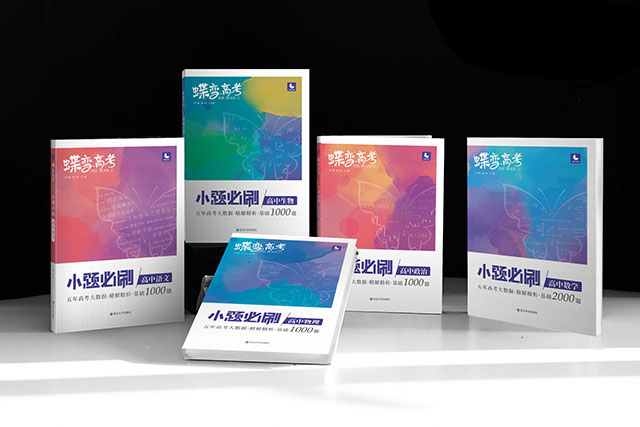-
-
定冠词the用在各种名词前面,目的是对这个名词做个记号,表示它的特指属性。所以在词汇表中,定冠词the的词义是“这个,那个,这些,那些”,可见,the即可以放在可数名词前,也可以修饰不可数名词,the后面的名词可以是单数,也可以是复数。

the双语例句
Because only I have the ability.
因为只有我才有那能耐。
I , rather than you , should do the work .
该做这个工作的是我,而不是你。
The problem is not primarily a financial one.
这个问题基本上不是财政问题。
I could come next week, or the week after.
我可能下周来,或者再下一周。
定冠词的基本用法
(1) 表示对某人、某物进行特指,所谓的特指就是“不是别的,就是那个!”如:
Thegirl with a red cap is Susan.
戴了个红帽子的女孩是苏珊。
(2) 一旦用到 the,表示谈话的俩人都知道说的谁、说的啥。如:
The dog is sick.
狗狗病了。(双方都知道是哪一只狗)
(3) 前面提到过的,后文又提到。如:
There is a cat in the tree. The cat is black.
树上有一只猫,猫是黑色的。
(4) 表示世界上唯一的事物。如:
The Great Wall is a wonder.
万里长城是个奇迹。
(5) 方位名词前。如:
thenorth of the Yangtze River
长江以北地区
(6) 在序数词和形容词最高级的前面。如:
Who is thefirst?
谁第一个?
Sam is the tallest.
山姆最高。
(7) 在乐器前。如:
play theflute 吹笛子
play thepiano 弹钢琴
play the drum 打鼓
(8) 河流、山脉、海洋前。如:
the Mount Everest 珠穆朗玛峰
the Yangtze River 扬子江
thePacific Ocean 太平洋
theNile 尼罗河
(9) 普通名词组成专有名词,前面须加 the:
the Great Wall
长城
theNine Dragon Wall
九龙壁
(10) the 加姓氏的复数,表示一家人。如:
the Sawyers 索耶一家人
the Lees 姓李的一家人
(11) same 前要用the
We are twins, but we don't look the same.
我们俩是双胞胎,看着却不一样。
(12)几个用定冠词的习语:
at the same time 与此同时
in the way 碍事,挡道
make the bed 铺床
at the end of 在......的末尾
in the end 最后
all the time 一直
by the way 顺便说一下
on the way 在路上